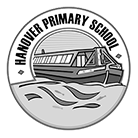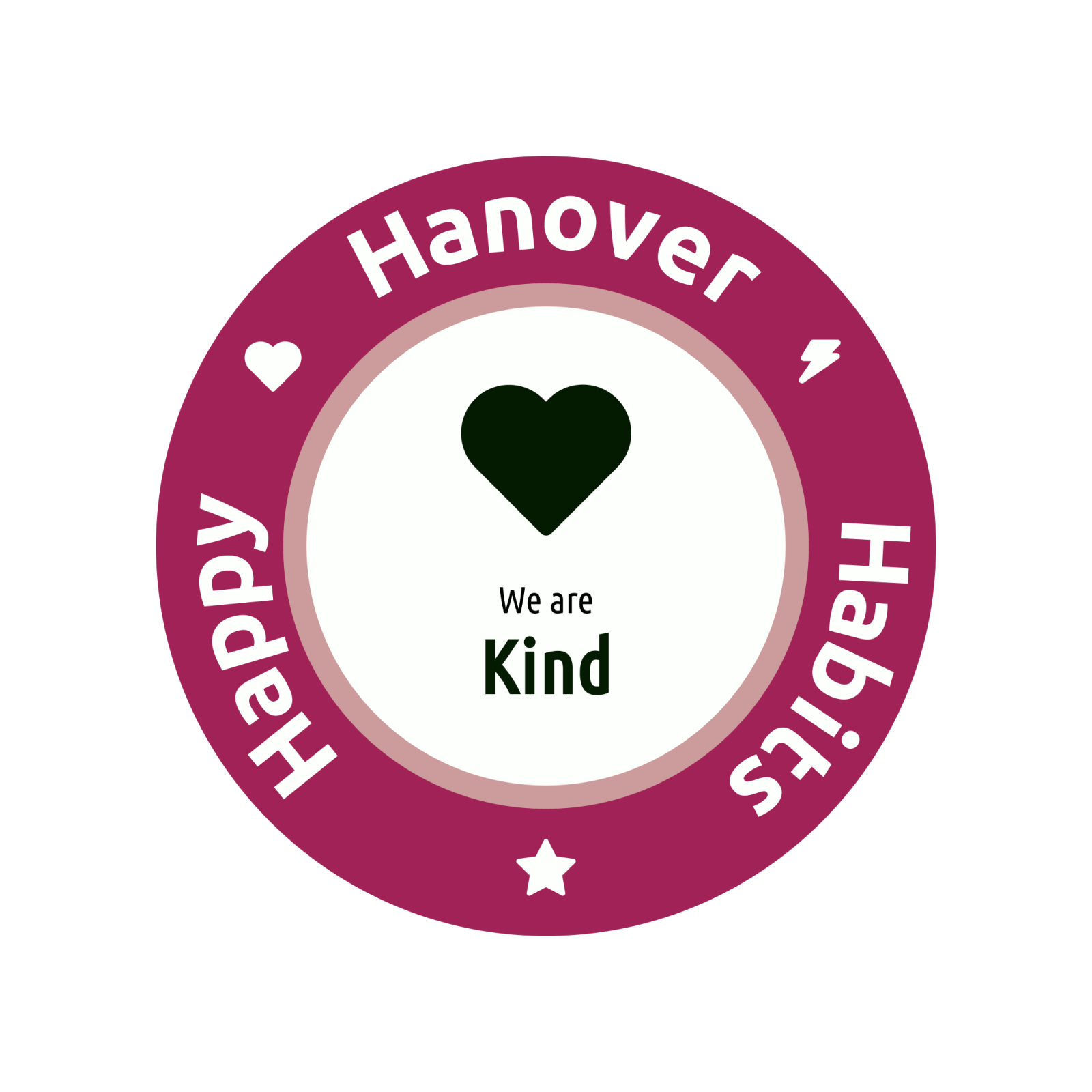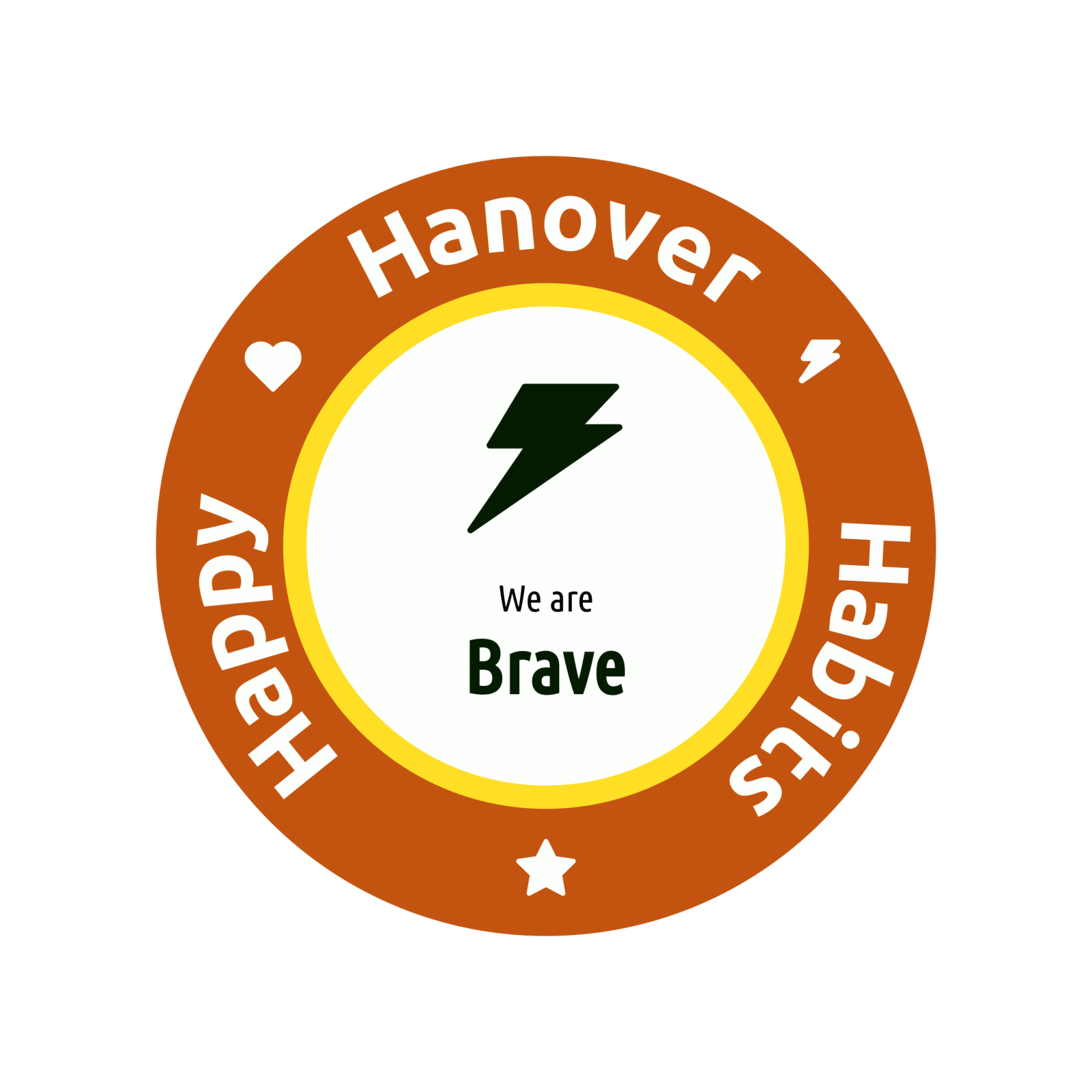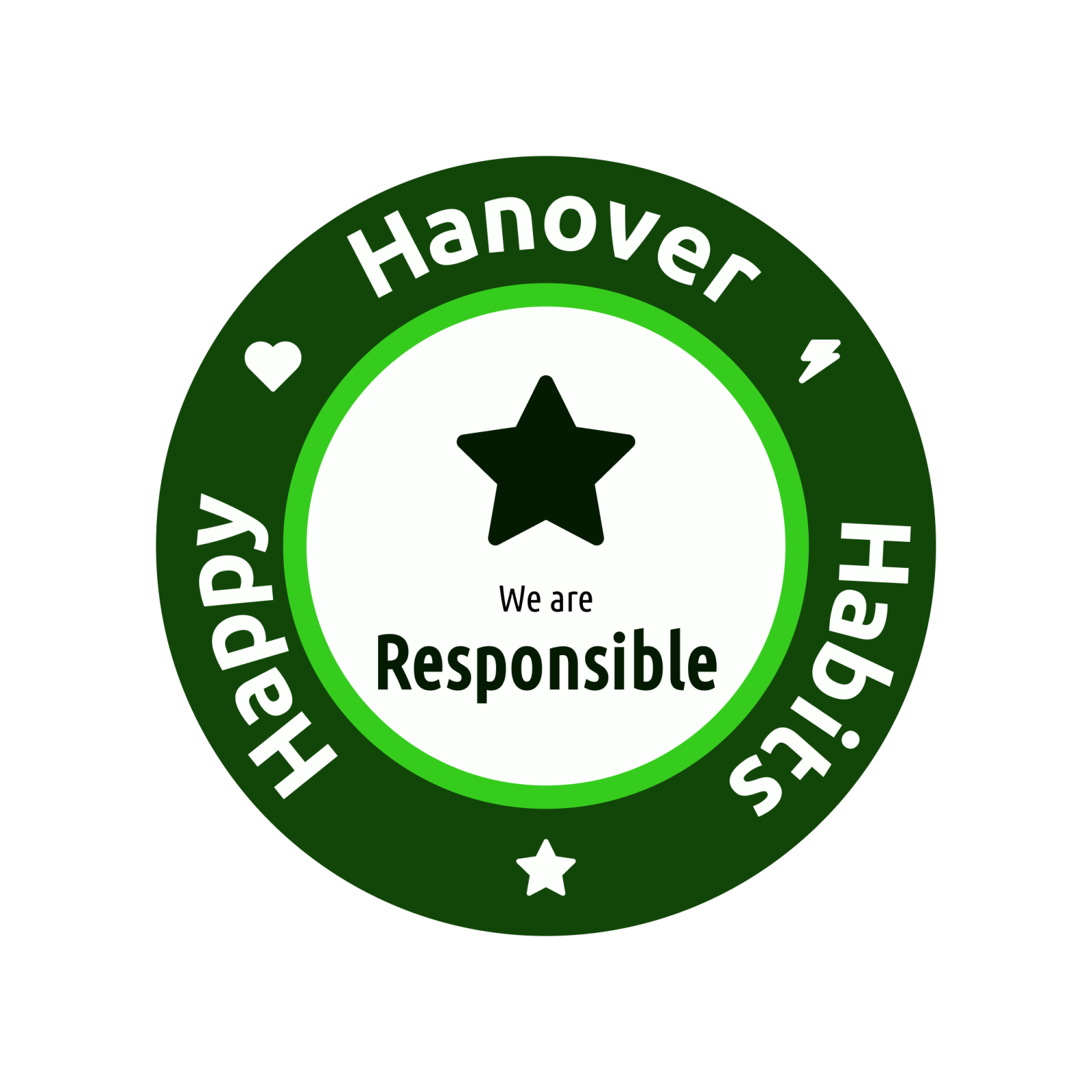Personal development
At Hanover, we recognise the importance of promoting and supporting the personal development of our children. We do so by embedding meaningful opportunities for personal growth within our curriculum as well as offering a wide range of additional experiences alongside our curriculum. We want all of our children to benefit from the same opportunities and we work hard, with the support of our community, to make activities and experiences accessible to all.
Our approach to the personal development of our children is reflected in our school vision and values and in our promotion of British values within our school. You can view a comprehensive list of our offer beyond the core curriculum here.
Personal development opportunities within our curriculum
Our approach to learning at Hanover places a strong emphasis on the development of character and on children learning through meaningful experiences and through being exposed to issues that are relevant to them, their community and the wider world. 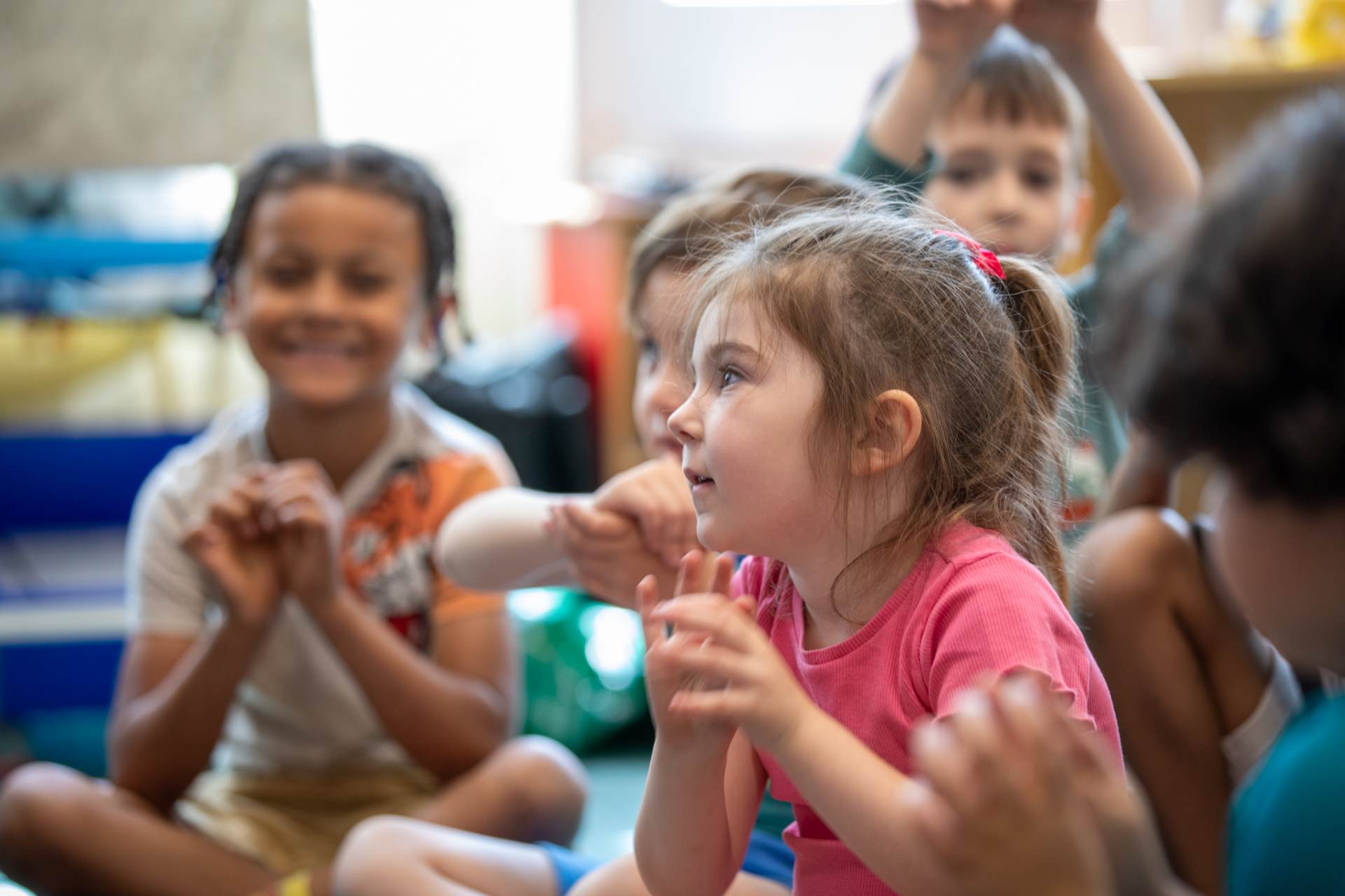
This begins in the Early Years Foundation Stage (EYFS), with strong foundations built in the characteristics of effective learning and the prime areas of the EYFS curriculum. Our play-based practice allows children to follow and develop their own interests and to take responsibility for their learning from a young age. Our EYFS curriculum is built around the lives of our children and their communities and they have real agency in what and how they learn.
In Years 1-6, personal development is captured within our teaching of several of the National Curriculum subjects. Our PSHE curriculum includes topics exploring mental health and well-being, relationships and sex education, safety and understanding money. Our RE curriculum uses an enquiry-led syllabus to explore morality and spirituality through the principal religions in Great Britain. Our Computing curriculum teaches children about online safety and digital literacy. Our PE curriculum (and wider sports offer) promotes an active lifestyle, both inside and outside of school. Our DT curriculum and work with Taste Education gives children opportunities to learn about nutrition and eating healthily. Through educational visits linked to our curriculum, our children are given access to a broad set of first-hand experiences that deepens their understanding and places their learning in the wider context of the world that they live in.
We have recently redesigned our curriculum as part of an anti-racism project to ensure that it reflects our community and provides our children with the knowledge and skills that they need to be informed and active citizens, citizens who both contribute to and challenge the society that they live in.
In our wider school curriculum, we use assemblies and class circle times to introduce and discuss complex social, cultural and historical issues and events. We explicitly teach our children - using oracy-based strategies and our discussion guidelines - how to engage with and debate difficult ideas and how to listen to and exchange different opinions sensitively and respectfully.
Happy Hanover Habits
The Happy Hanover Habits summarise the personal qualities we want all Hanover pupils to develop and demonstrate. They are designed to be simple enough to be understood by all children, including the very youngest, but broad enough to encapsulate the full range of behaviours, attitudes and characteristics we strive to develop in our pupils. When these become Habits for all of us, they make Hanover a Happy place!
We use these Habits in many ways:
- as the basis of our behaviour expectations
- making links to significant figures learnt about in lessons, fiction, and assemblies
- to ‘positively notice’ when children are displaying these behaviours
- to encourage pupils to notice these in peers, who they nominate in class for particular praise
- to celebrate when children demonstrate these, and share with our community
|
Quality |
What does this mean? |
|
|
Being gentle with our words and actions Saying please and thank you Holding the door open for others Showing consideration for others’ feelings Forgiving others’ mistakes Showing respect by listening well and following instructions Celebrating others’ qualities and achievements |
|
|
Contributing fully in lessons Pushing ourselves to take on challenges in our learning Admitting when we’ve got something wrong Telling the truth, even when that’s difficult Standing up for ourselves by telling an adult if something worries us Calling out unacceptable behaviour |
|
|
Looking after our own, and the school’s, possessions Being ready to learn, working hard, and taking pride in our work Moving around the school sensibly Volunteering willingly for jobs that need doing Being independent and trustworthy Showing leadership and initiative |
Hanover Responsibilites
We expect all children to develop responsibility for themselves, their behaviour and their possessions, in an age-appropriate way. In addition, we have developed a range of responsibilities to help the school run smoothly, which children apply for and carry out either in a timetabled way, or as needed.
The responsibilities include:
- Playground Peers: pupils who are trained to support younger pupils’ play at breaktimes
- Library Leaders: pupils who keep the library tidy, scan library books in and out, and reshelve returned books.
- Mealtime Maestros: pupils who help in the dinner hall, checking water jugs are full, wiping tables, and noticing if younger pupils need support with cutting up food or encouraging them to try new things.
- Computer Sparks: pupils in each class with responsibility for chromebooks and other tech, its care and storage
- Set-Up Squad: pupils who get the playground equipment ready just before each breaktime
Pupil Voice
Children need to feel heard and understood if they are to thrive. At Hanover, we teach children that their voice and their views matter, and that they have a right to be heard.Ways we encourage pupils to speak up and share their views include:
In lessons
- Teaching oracy strategies - ways to verbalise, share, develop and compare ideas
- Each child has a learning partner, changed each week, to share ideas with. When a question is posed by the teacher, there is a pause for thinking, paired talk for sharing, and then all pairs are expected to be able to contribute something to the discussion
In school
- Suggestion boxes - all children are encouraged to share an idea, a concern, or offer a ‘random act of kindness’ on a suggestion slip. In the library they suggest the titles or genres of books they think the library needs to purchase next.
- School Council has two representatives from each class. They meet fortnightly together and half termly with Senior Leaders to develop ideas for improving the school.
- Pupil conferences: Senior Leaders meet with a random selection of pupils each term to discuss their experience of being a pupil, including how they feel about lessons, playtimes, behaviour, toilets - and more!
- Hot Chocolate Friday is where nominated pupils demonstrating a Happy Hanover Habit meet with Senior Leaders to enjoy a hot chocolate and discuss their thoughts about school life.
- Our annual Pupil Survey provides us with lots of feedback from every pupil from Y2-Y6.
Extra-curricular opportunities for personal development
Children at Hanover are also offered a rich variety of opportunities to explore and develop their interests and talents beyond the classroom-based curriculum. We offer enrichment clubs during the school day, including film club, cooking club, dance club, STEM club and lego club. We host a range of after-school clubs, including football, drama, fencing, art, science, yoga and swim squad. Pelican Music provides music clubs, including singing and ukulele, as well as individual music lessons (which our community fundraised for, to increase access to lessons for all). We put on musical performances across the school year, including singi ng, instrumental and theatrical shows. We regularly benefit from free access to cultural experiences across London using Islington's 11 by 11 scheme. Children in Years 5 and 6 go on residential trips with an outdoor pursuits focus, often staying away from home for the first time. We hold family events, organised by Friends of Hanover, to bring our community together and to help to fundraise for our school. The school runs a range of extra-curricular sporting clubs and events, including competitive Swimming and football squads.
ng, instrumental and theatrical shows. We regularly benefit from free access to cultural experiences across London using Islington's 11 by 11 scheme. Children in Years 5 and 6 go on residential trips with an outdoor pursuits focus, often staying away from home for the first time. We hold family events, organised by Friends of Hanover, to bring our community together and to help to fundraise for our school. The school runs a range of extra-curricular sporting clubs and events, including competitive Swimming and football squads.
We also promote the development of a sense of citizenship in our children through extra-curricular participation. Children are given opportunities to take on additional responsibilities, such as acting as representatives on our school council or taking on the role of a play mentor or librarian.
Pastoral support
At Hanover, we understand the importance of supporting the emotional wellbeing of our children. We know that children will only reach their full potential when they feel safe and secure. As a school, we have undergone Islington's Trauma-Informed Practice (iTIPS) training and our behaviour policy focuses on helping children to regulate their emotions. We conduct regular pupil surveys and value and act on the feedback that we receive from our children. We raise awareness and encourage discussion around mental health, such as through Children’s Mental Health Week and Anti-bullying Week. We have set up peer-led initiatives, such as ‘friendship squad’ and ‘lunch club’ so that the children can support each other in building positive relationships. We also offer Place2Be professional counselling to children and parents struggling with their mental health, as well as working with a wide range of external agencies including CAMHS, Bright Futures, Centre404, Family Action and ChanceUK.

